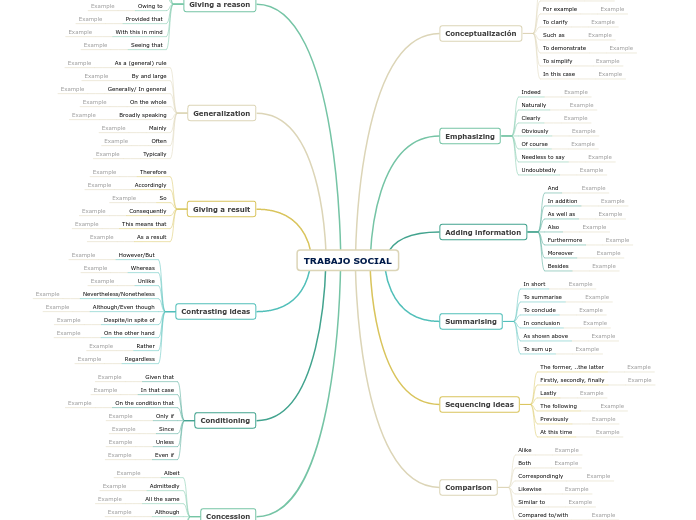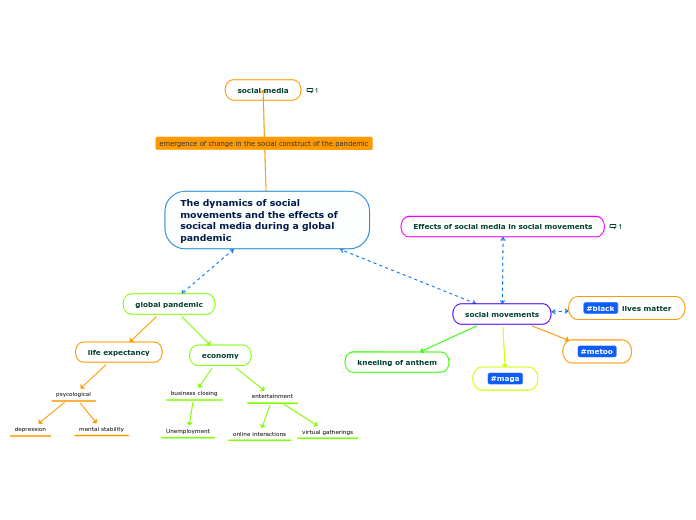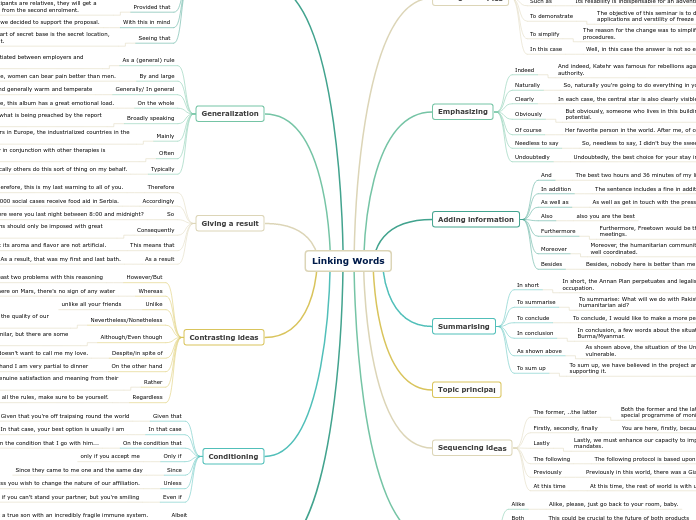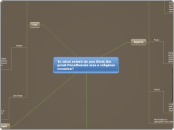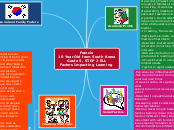TRABAJO SOCIAL
Linking words in any style of writing will help the reader to follow the flow of information.
These will show contrast, connection, condition between two things.
Concession
Use these words to accept a point or idea with reservation.
Up to a point
Even so
And yet
Although
All the same
Admittedly
Albeit
Conditioning
These linking worss are used to provide a condition to what has been stated.
Even if
Unless
Only if
On the condition that
In that case
Given that
Contrasting ideas
However is the formal version of but. It is not normally used at the beginning of a sentence.
Although, despite and in spite of introduce an idea of contrast.
Regardless
Rather
On the other hand
Despite/in spite of
Although/Even though
Nevertheless/Nonetheless
Unlike
Whereas
However/But
Giving a result
Therefore, so, consequently and as a result are all used in a similar way.
So is more informal.
As a result
This means that
Consequently
So
Accordingly
Therefore
Generalization
These words are used to make a general statement.
Typically
Often
Mainly
Broadly speaking
On the whole
Generally/ In general
By and large
As a (general) rule
Giving a reason
Due to and owing to must be followed by a noun.
Because of is followed by a noun and can be used at the beginning or in the middle of a sentence. Since and as also mean because.
Seeing that
With this in mind
Provided that
Owing to
As
Since
Because of
Due to the fact that
Comparison
Use these words to show how things are similar.
Compared to/with
Similar to
Likewise
Correspondingly
Both
Alike
Sequencing ideas
These words are useful when you want to refer to one of two points, to list ideas.
The following is a good way of starting a list.
At this time
Previously
The following
Lastly
Firstly, secondly, finally
The former, ..the latter
Summarising
Use these words at the beginning of the sentence to give a summary of what has been said or written.
To sum up
As shown above
In conclusion
To conclude
To summarise
In short
Adding information
Ideas are often linked by 'and'. In a list, you put a comma between each item, but not before and.
Recommended not to start a sentence with also. Use instead In addition, or In addition to this.
Besides
Moreover
Furthermore
Also
As well as
In addition
And
Emphasizing
These linking words are used to empashize a point.
Undoubtedly
Needless to say
Of course
Obviously
Clearly
Naturally
Indeed
Conceptualización
The most common way to give examples is by using for example or for instance.
Namely refers to something by name.
In this case
To simplify
To demonstrate
Such as
To clarify
For example
Namely
For instance
Example
Write phrases to exercise!
